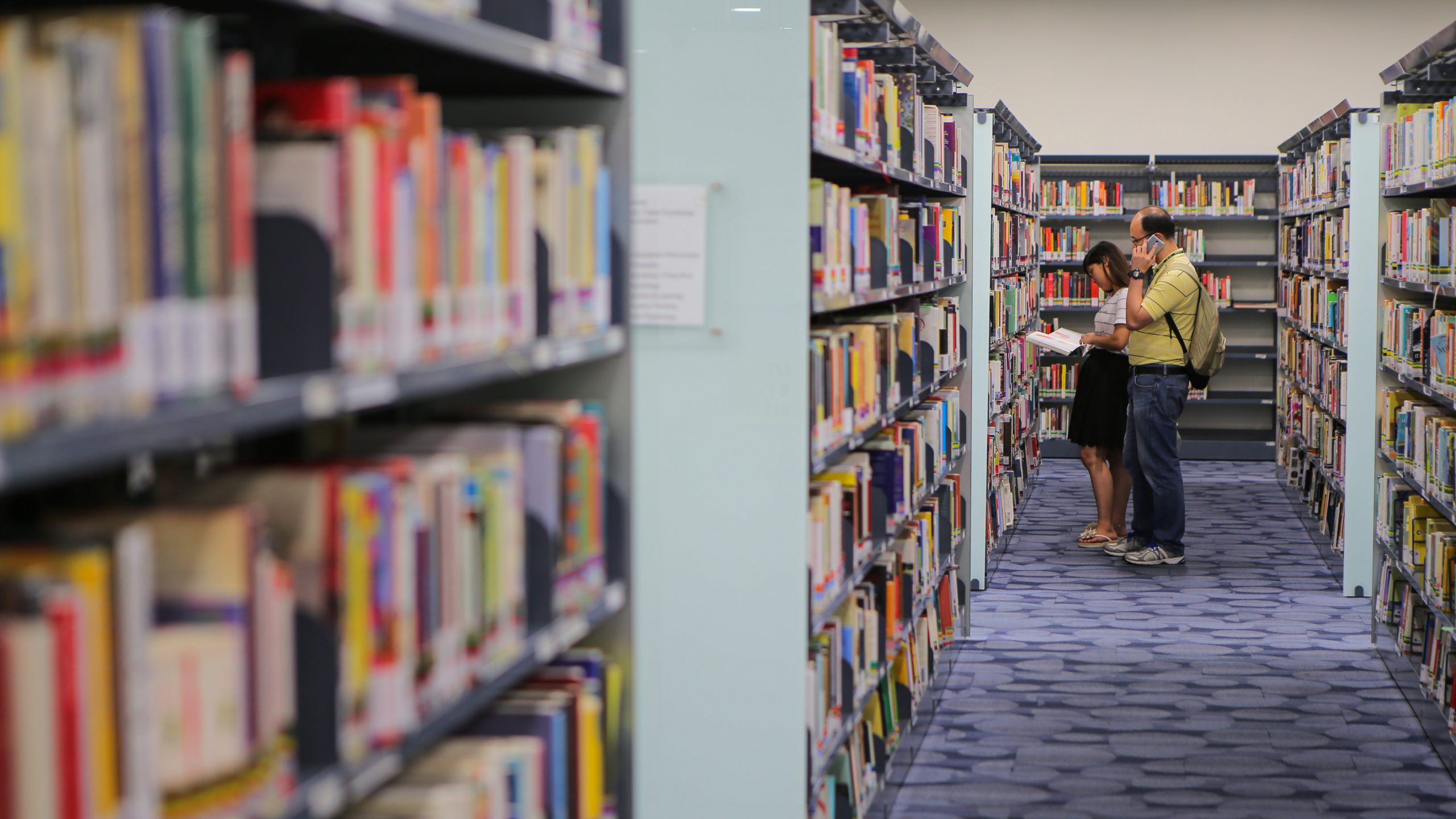Archiving the Underclasses: Knowledge, Law, and Everyday Agency in Modern Southeast Asia
May 22, 2024
‘Archiving the Underclasses: Knowledge, Law, and Everyday Agency in Modern Southeast Asia’ is a research project funded from 2022 to 2025 by the Ministry of Education Academic Research Fund (AcRF) Tier 2 and hosted by the NUS Asia Research Institute (ARI). The project brings together a diverse team of scholars led by Associate Professor Maitrii Victoriano Aung-Thwin (NUS History and NUS ARI) along with Assistant Professor Matthew Reeder (NUS History), Senior Lecturer George Radics (NUS Sociology and Anthropology), Lecturer Ho Chi Tim (SUSS, College of Interdisciplinary and Experiential Learning), Assistant Professor Koh Keng We (NTU History), Lecturer Samson Lim (Monash University History), Assistant Professor Simon Creak (NTU National Institute of Education), and Assistant Professor Elliott Prasse-Freeman (NUS Sociology and Anthropology).
‘Archiving the Underclasses’ represents a significant contribution to the fields of history, anthropology, and legal studies, focusing on an innovative approach to understanding archival knowledge in modern Southeast Asia. Spanning from the late 18th century to the present, the project examines the roles of marginal figures in the creation and collection of archival data. This approach marks a shift from conventional studies of knowledge production and focuses instead on uplifting underrepresented voices in legal studies.
The project aims to answer several critical questions about the nature of information gathering, the interaction between laypeople and these efforts, and the reliability and transformation of information before it reaches archival and state repositories. These inquiries are not only academically intriguing but also highly relevant to discussions surrounding public policy and historical understanding in the present day.
‘Archiving the Underclasses’ has a dual aim. Firstly, it seeks to study the production of archive-based knowledge from a grassroots perspective. Relatedly, it thereafter seeks to create a new ‘Archive of the Underclasses’ in order to amplify the voices of those traditionally on the periphery of history and policy discussions. In so doing, the project is innovative and necessary in its emphasis on marginalised perspectives.
Overall, ‘Archiving the Underclasses’ is poised to make a significant impact on our understanding of Southeast Asian history and the dynamics of information gathering and archiving. By shedding light on the often-overlooked contributors to historical knowledge, the project promises to offer a more inclusive and nuanced perspective on the region’s past and present.

